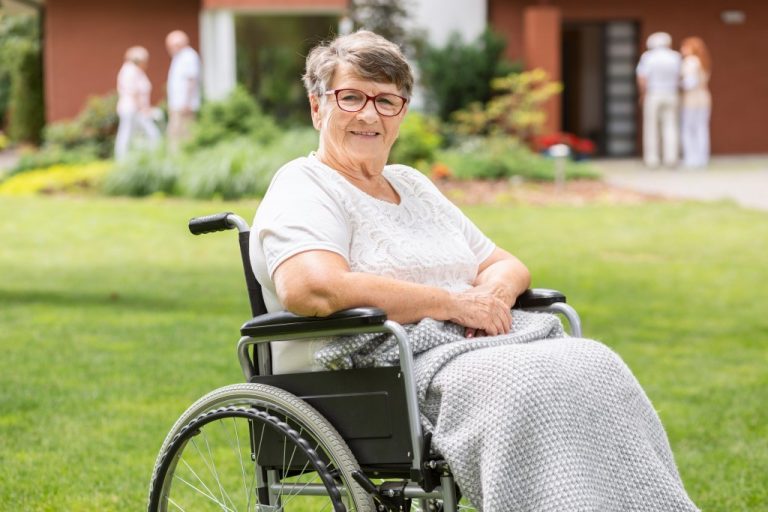If your loved one has a disability or you have elders at home, you need to consider their needs to make their routine and other tasks easier and more convenient. You can start with some house modifications and then provide items for daily use. Here are some ways to help your disabled loved ones or elders at home:
1. Light it Up
Check your light fixtures for both interiors and exteriors. Make sure everything is working. Consider upgrading your lighting, as well. Improve visibility by adding nightlights to the functional areas of the house, such as their bedroom, bathroom, dining, and hallways. All light controls and thermostat should be easy to reach and use.
2. Safe Showering Features
Ideally, you need to install shower stalls and provide a bench or any safety item for seating. If possible, go for built-in bench shower stalls. While you can find this from the local hardware or bigger outlets, consider hiring a professional to have it customized for better fittings. Installing grab bars is also a good option in case they need to step up into the shower or bathtub.
3. Bathroom Basics
Like the shower area, installing customized grab bars near the toilet is necessary, especially if your loved ones have difficulty sitting down and standing up from the seat. Others even have a raised toilet seat. You might also want to consider modifying a two-level vanity. In the lower portion, you can provide easy-access toiletries and mounted bidet on the other side.
In addition, make sure there’s enough space when opening or closing the door. One way to do this is to reverse the hinges. Keep the bathroom clean and dry at all times too.

4. Easy-to-Use Fixtures
Interior home fixtures, such as doors and windows, should be modified or updated. If your doors have traditional round doorknobs, you might want to switch to levers, which are easier to operate. If you prefer sliding doors, there are now new models made from lighter-weight materials. For kitchen and bathroom sinks, switching to touchless faucets is your best option.
5. Communication Device
Before, elders just use a small bell or chime to call for help. You can still use the same technique, but try exploring other devices, such as mobile phones and monitored medical alert system. Today, there are also smart home technology for the elderly. Some of these features include medical care options, fall alert devices, and many more.
6. Daily Routine Tools
Other than home upgrades and modifications, consider providing items that can help them with daily activities. For example, an e-bike or specially designed scooter can make it more convenient for them to go places they want to visit. There are even scooter chair accessories you can add for more security and visual appeal. Other essentials that can help them are pill dispensers, connected toothbrushes, smart watches, and fitness trackers.
These are just some of the things you can do or provide to your disabled loved ones or elders. You may also consult your physician for recommendations.

